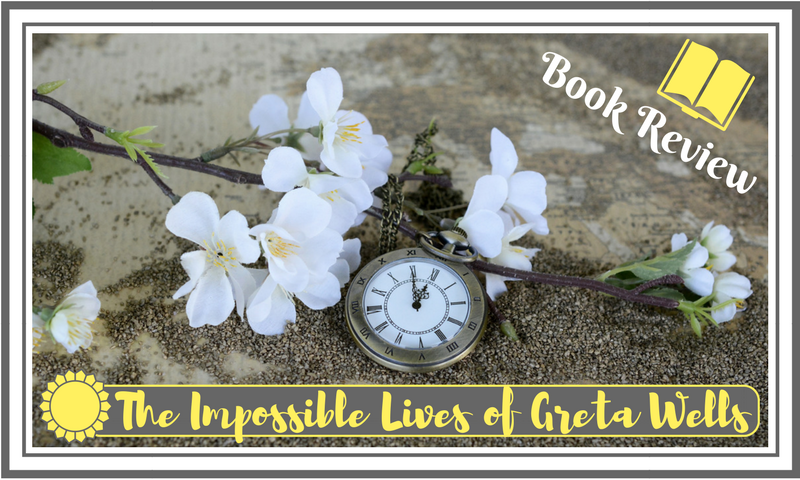“The impossible happens once to each of us.”
The Synopsis:
The Impossible Lives of Greta Wells by Andrew Sean Greer is the story of a young woman’s travel through time to escape heavy loss, while she experiments with which life is best lived. Greta, a German living in 1985 New York, is distraught after her brother Felix dies of HIV/AIDS complications. Beginning a series of electroshock treatments that cause her to circulate through parallel lives set in 1918, 1941 and her original life in 1985, she finds herself in the same home, at the same age, but with variations on her life in each time. Driven by a series of electroshock therapies, she begins to examine her relationships with others in each time period. But as time races to the end of her therapy sessions, ultimately, she must choose to stay in one of her 3 lives forever.
The Review:
“TILoGW” (wow that’s a title) is a super interesting premise. Andrew Sean Greer takes a traditional/new age therapy technique and develops it as our time-travel machine. The writing is simplistic but gorgeous, and I found myself noticing some of the quotes, which I don’t normally do.
“Madam, when you were a little girl, is this the woman you dreamed of becoming?”
Immediately beginning her travels between times, it becomes evident that each era lacks someone in Greta’s life – Ruth, Fee, or Felix. Likewise, Greta’s first love, Nathan, is ever-present. The storyline, and character building in general, is interesting, but I did feel it got a little off track at times. Specifically, I had some questions about where the story would go at about 100 pages in; was Greta going to be driven to madness by cycling through the ages? Would she be sane but seem so off in each world that she be institutionalized? It certainly seemed possible. The first theme of the book emerges: that as humans, we dream of being someone bigger and better than our everyday selves. We strive for more and need to remember this, so that we don’t let the little frustrations rule our entire being.
But Greer also doesn’t spend a ton of time on women’s’ rights in this novel, which I found a strange choice for a book about a woman in these time periods, where suffrage and independence were significant movements. This is probably the only thing that I wished for more of; otherwise, I found that this little “chick lit” book packed a lot of punch. Instead, it turns its focus to the difficulties of living as an LGBTQ person through the ages, an equally important issue at hand in our world today, but surprising twist of interest to the novel. To his credit, Greer convincingly steps into Greta’s point of view and manages her choices believably. As I recently finished one of my “January reads” where the writer (who shall remain nameless) did NOT seem to understand female motive and action well, this was a really nice notable feature of Greer’s writing.
“All I wanted was love. A simple thing, a timeless thing. When men want love they sing for it, or smile for it, or pay for it. And what do women do? They choose. And their lives are struck like bronze medallions. So tell me, gentlemen, tell me the time and place where it was easy to be a woman?”
Not only does Greta have to choose which person is missing in each timeline of her story, we also find that she has to choose love based on what she has to give up, for better or for worse. I love the idea that no life is perfect; we have to sacrifice and make choices in order to get to our most happy of places.
Essentially, I do feel now that this novel could have easily explored another 100 pages, as some truly beautiful sentiments caught me, and I must say I have saved some of them in my heart for further exploration. In the meantime, though, I would definitely recommend this book as a warm read for cold winter months, especially if you have a little “cabin fever” and would like to leave home for other places but are feeling a little down, or stuck. The Impossible Lives of Greta Wells left me with feelings of hope and the knowledge that for all our lives can get tough, we will persevere in search of the happy ending. I will leave you with my favourite quote:
“For is my story really so unusual? To wake each morning as if things had gone differently – the dead come back, the lost returned, the beloved in our arms – is it any more magic than the ordinary madness of hope?”

1 comment
[…] nabbed it. So far, it reminds me quite a bit of The Impossible Lives of Greta Wells, which I wrote a review of earlier this year for […]